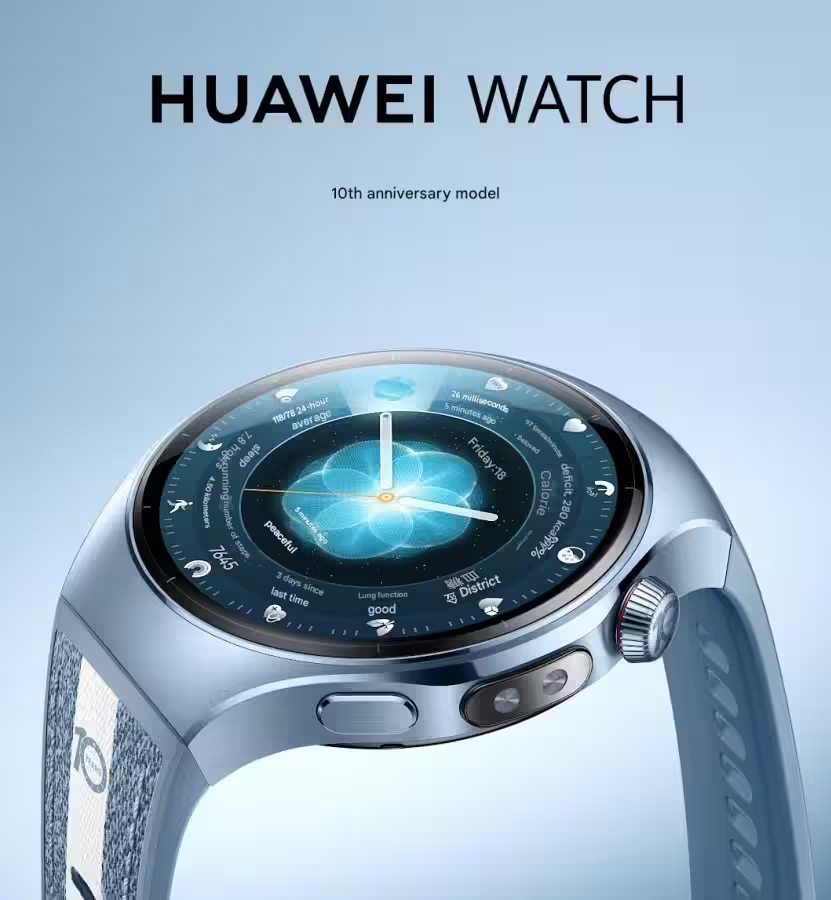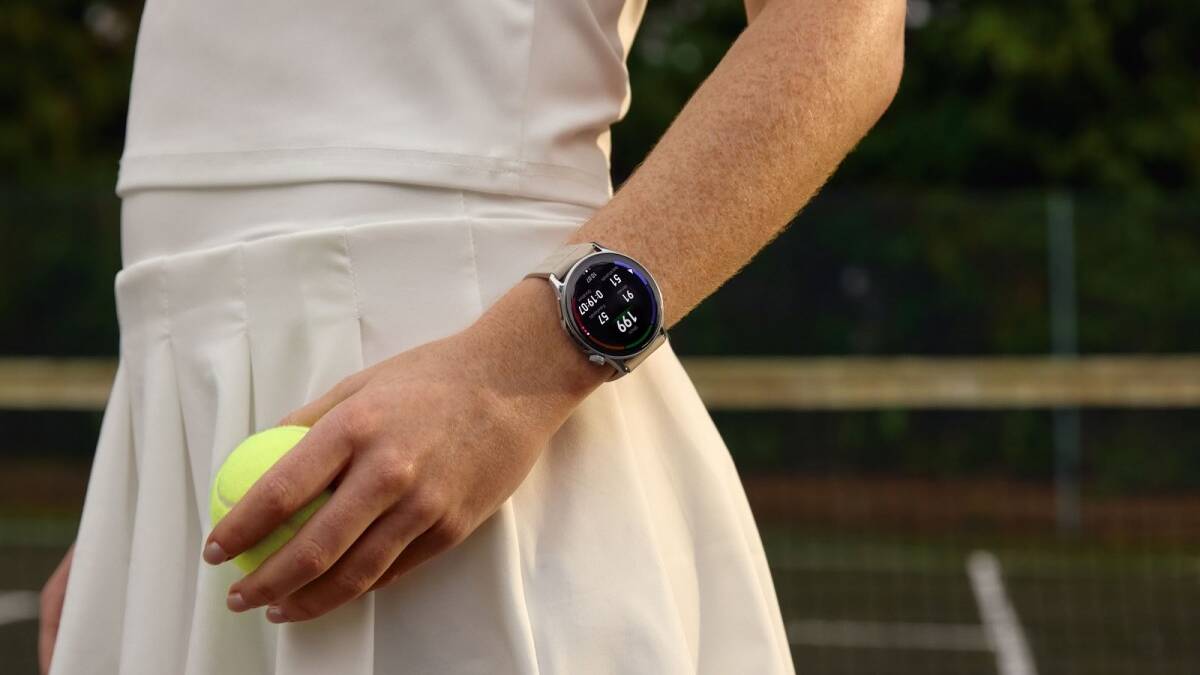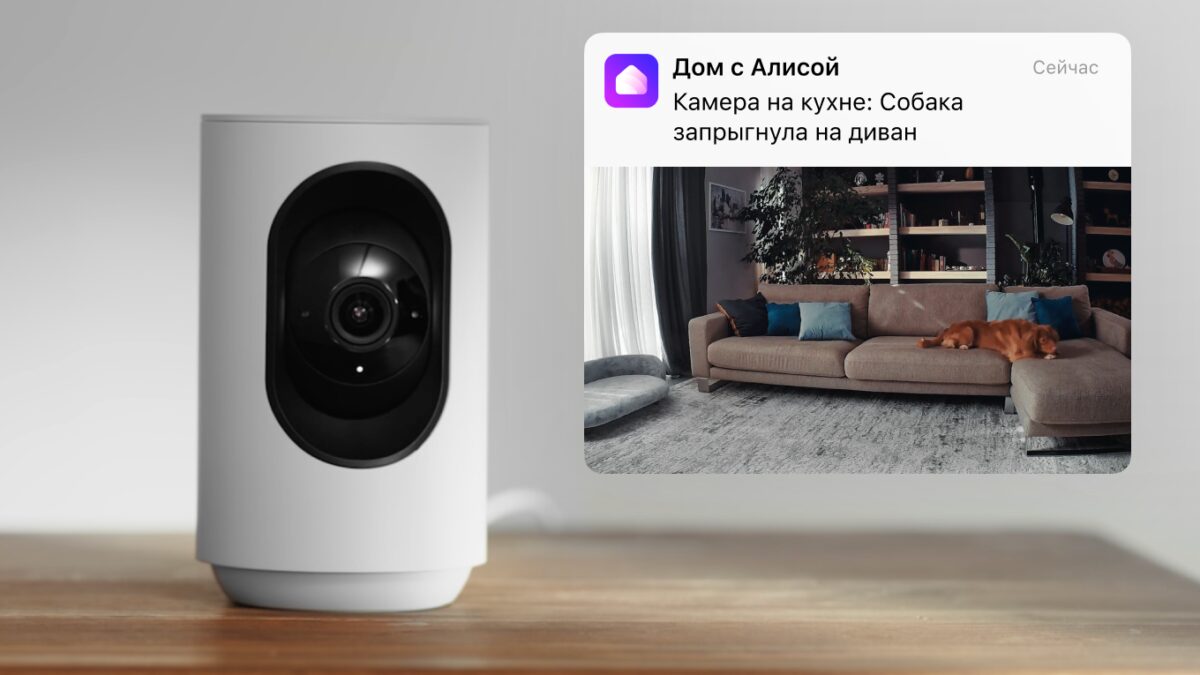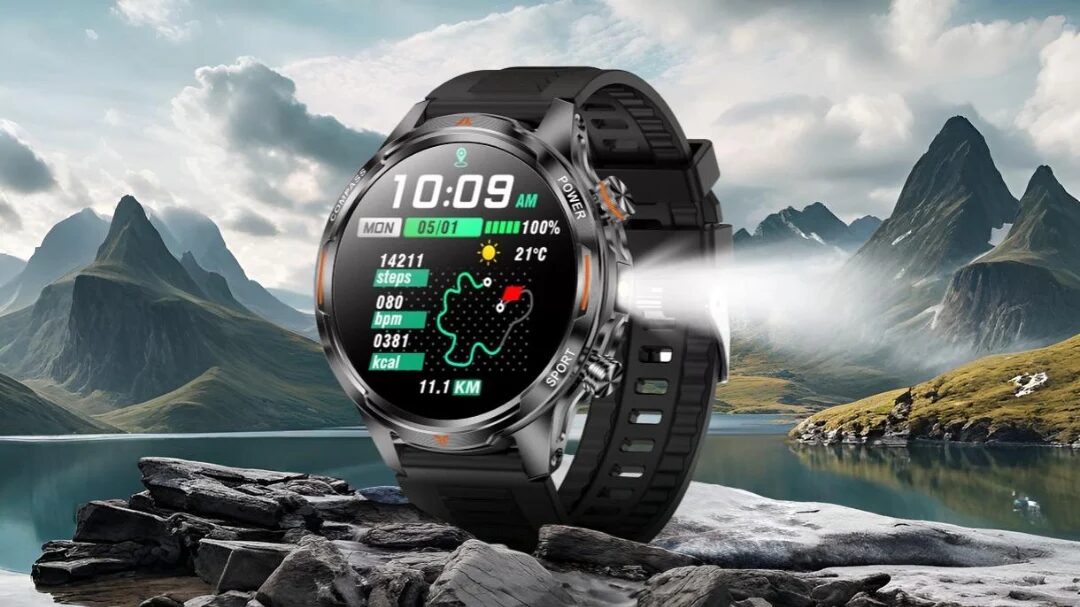Fitbit launches 3 tools with AI for health – not even the Apple Watch has that
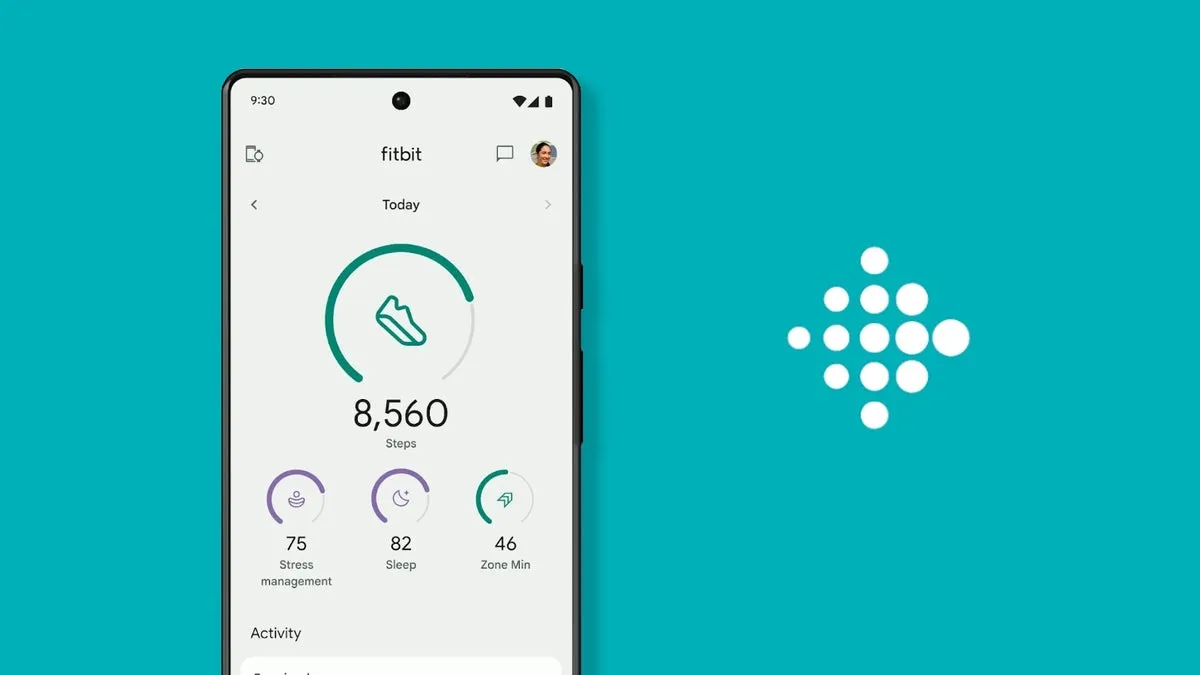
Fitbit is betting on artificial intelligence: the Fitbit app has three new experiments that can turn an activity tracker into a full-fledged health assistant. They’re all powered by Google’s Google’s Gemini and are designed to explain tests, recognize symptoms, and track hidden changes in the body.
What’s new at Fitbit Labs?”
From today, Fitbit users in the US (on Android and iPhone) will see a new “Labs” card in the app. There, you can sign up for a waiting list for the Medical record navigator experiment, and two more tools – Symptom checker and Unusual trends – will become available in the coming weeks.
An additional tool, Symptom checker and Unusual trends, will be available in the coming weeks.
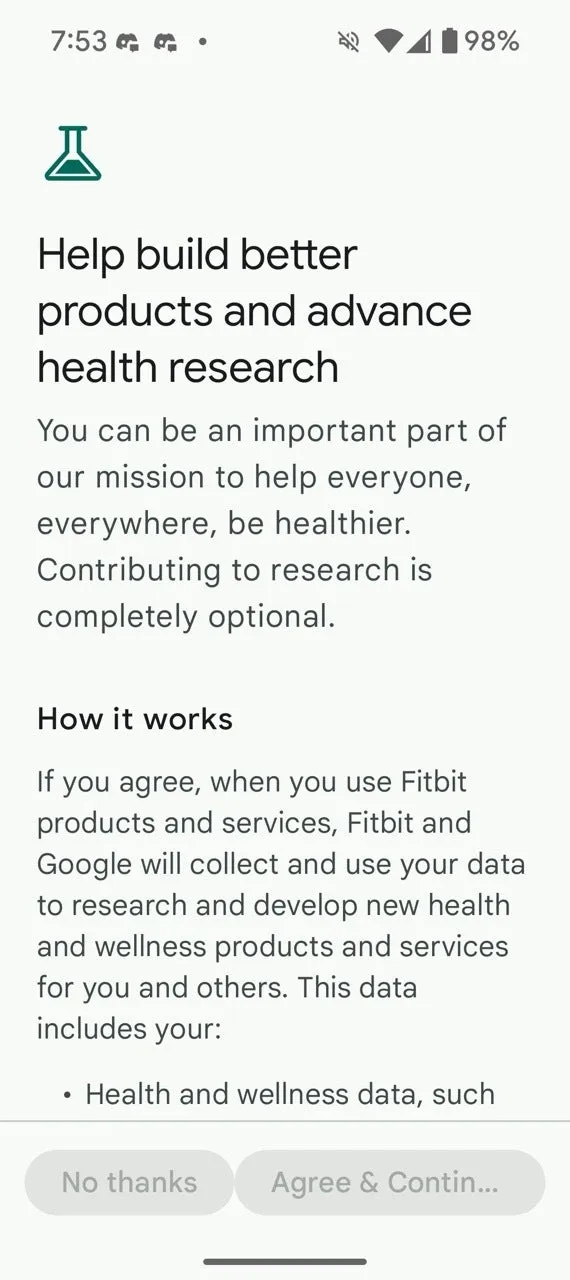
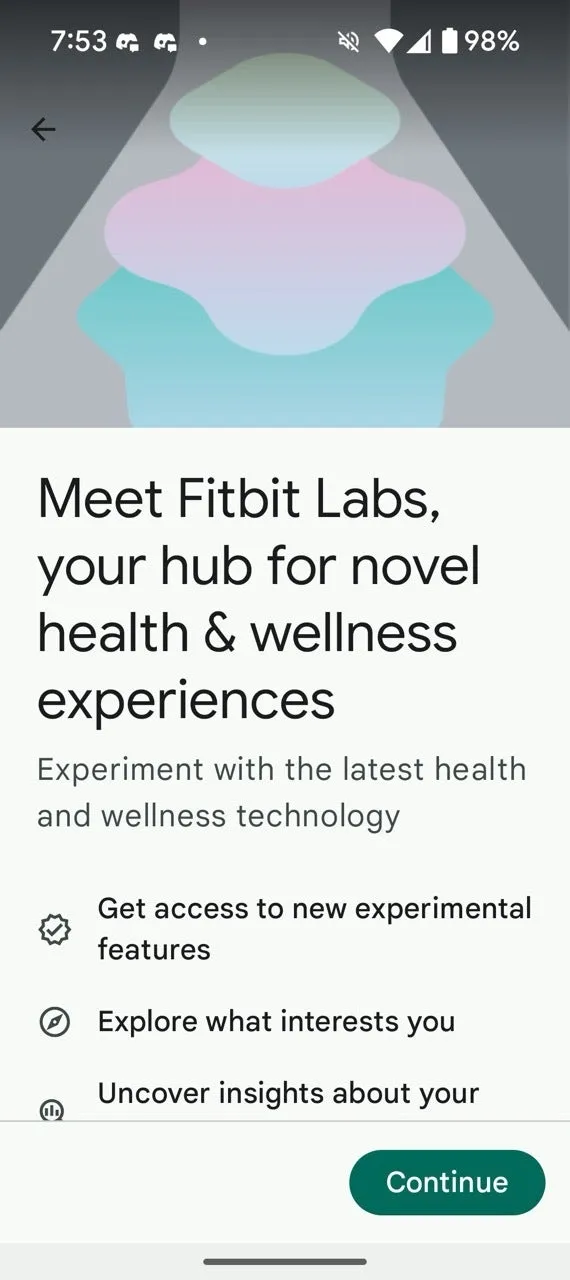
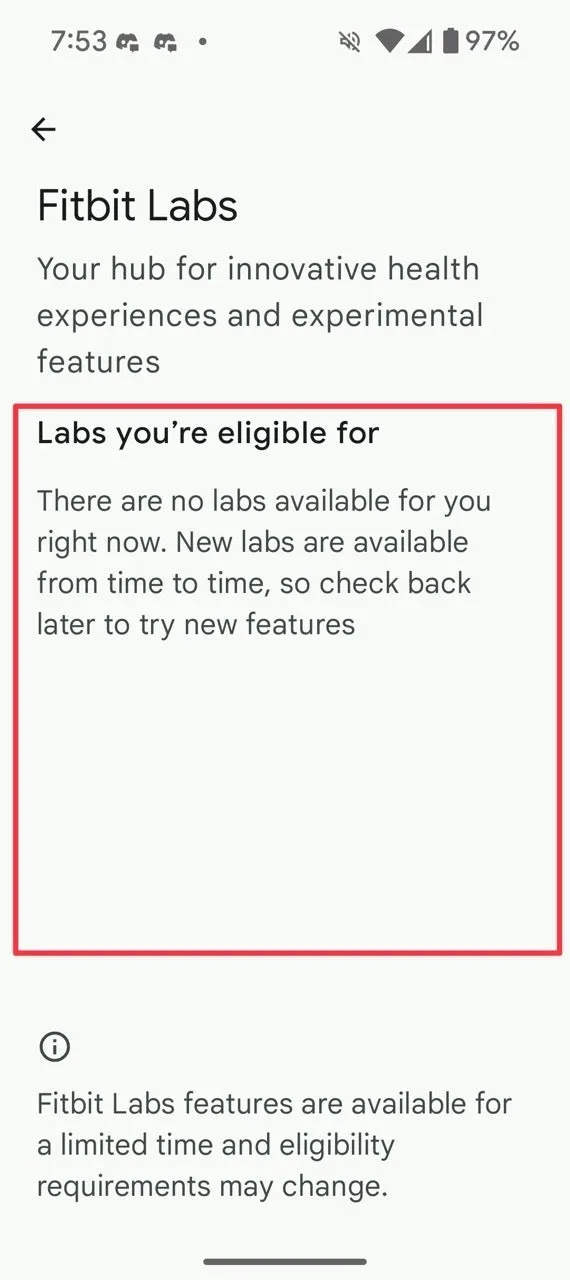
All three features use AI to translate dry medical data into understandable and useful language. Here’s how it works:
1. Medical record navigator: transcribe tests
Allows you to download results of blood tests and other examinations. Gemini analyzes the document, explains terms in simple words and offers links to educational resources. Ideal for those who don’t want to google every indicator.
2. Symptom checker: a chat-based well-being assistant
If you’re not feeling well, simply describe your symptoms in the chat room. The assistant will ask clarifying questions and suggest possible causes – so you can decide whether you should see a doctor or continue monitoring.
3. Unusual trends: early detection of hidden changes
The AI monitors indicators like resting heart rate, heart rate variability, and sleep breathing. As soon as something is out of your normal range, you get a notification.
Important: It’s not a diagnosis yet
Fitbit emphasizes: these tools are not a substitute for a doctor’s consultation and are not meant to be diagnostic. They are research functions, and you can leave the experiment at any time – all your data will be deleted.
Competition in “healthy AI” is heating up
Fitbit isn’t the only one who sees the future of wearable electronics in proactive health care.
- Apple is developing its own AI agent for the Health app
- Samsung integrates Galaxy AI analytics into Samsung Health and the new Galaxy Ring
- Whoop already warns of infections by a drop in heart rate variability
A growing number of companies are looking to turn the accumulated data into early alerts that can help identify a problem before obvious symptoms appear.
Fitbit Labs has only been around for 7 months, and the first experiment Insight Explorer proved that users want to understand why last night’s run ruined their sleep. The new trio of features is a logical progression, from deciphering tests and symptoms to monitoring hidden abnormalities you don’t even notice.
The Fitbit launches 3 AI-powered health tools – not even the Apple Watch was first published on ITZine.ru.

